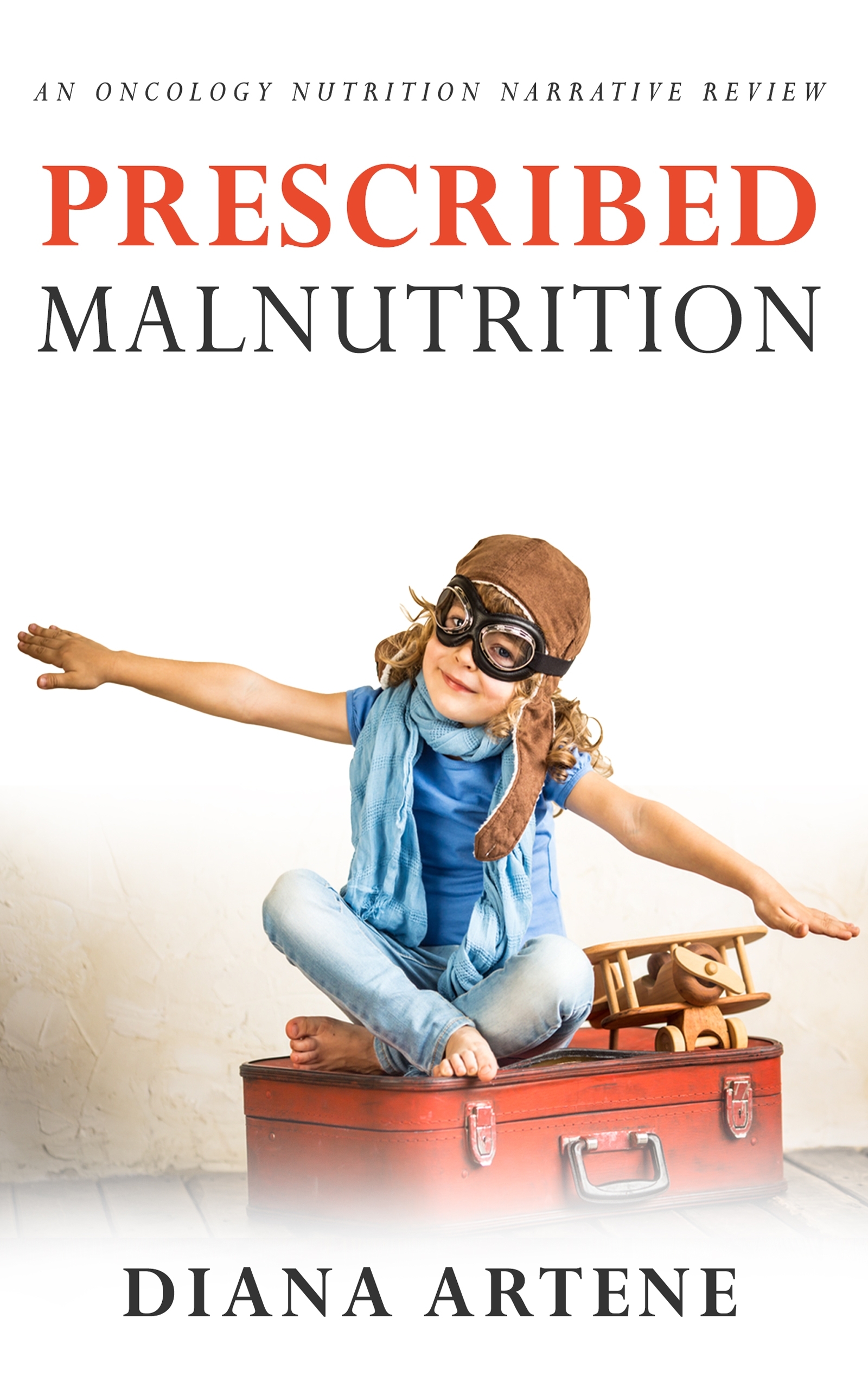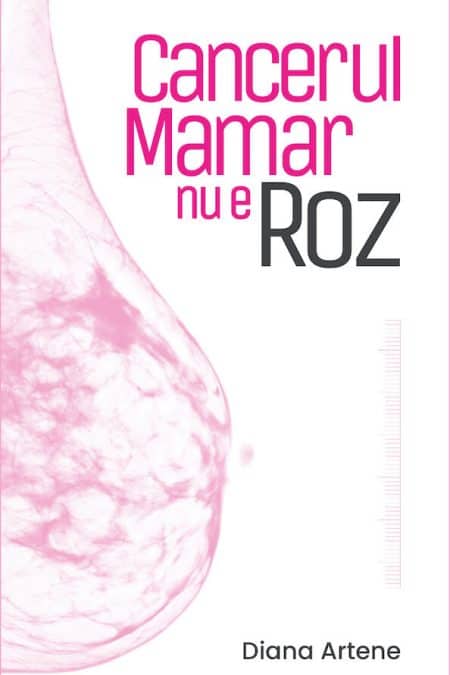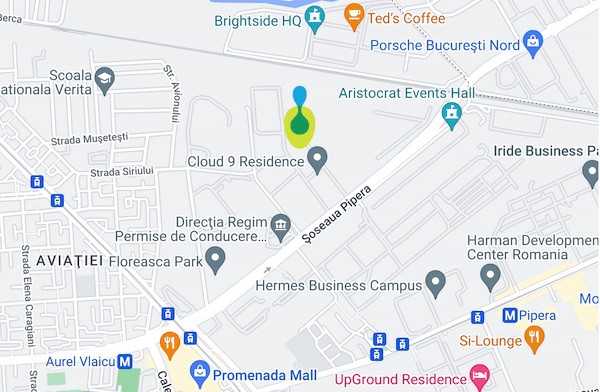Prescribed malnutrition – An Oncology Nutrition Narrative Review
70,00lei
Everyone feels entitled to talk about nutrition regardless of their professional training, based on assumptions, lay generalizations, and subjective beliefs that have nothing to do with professional oncology nutrition.
Based on the current evidence, no food category should be excluded in oncology settings.
Thus if you work or are treated in oncology settings, please read the quoted scientific references and think twice before making your life harder in such tough situations by going with the flow of popular, but scientifically unproven opinions, backed up only by the Dunning-Kruger effect.
Descriere
Why there is so much conflicting nutrition advice given with the best of intentions to people diagnosed with cancer?
Oncology nutrition is a foreign field for people who don’t need a cancer diet or for those who don’t actively look for the ways in which they can contribute to their metabolic health, weight management and sarcopenia prevention in clinical oncology because they’re living with metastatic cancer. Yet everyone feels entitled to talk about nutrition regardless of their actual professional training in the field, based on unprofessional assumptions, lay generalizations, and subjective beliefs that have nothing to do with professional oncology nutrition. There is no “cancer diet.”
“Mediterranean” diet is an invention.
Low-carb diets don’t equal ketogenic diets.
There is no indication of fasting in oncology.
There is no contraindication to eating milk or dairy.
A free-range chicken has redder meat than any lazy pork.
Alcohol is never indicated for cardiovascular protection professionally.
There is no oncology treatment stage when fresh fruits or vegetables are contraindicated.
There is no diagnosis with the professional recommendation to completely eliminate sugar.
There is zero benefit from vitamin D in osteoporosis prevention in patients with no deficiency.
BMI is a label that helps with nothing except to classify people in the bad, the good, and the ugly. There is no scientific proof that weight loss improves prognosis for overweight or obese patients with any immunohistochemistry type of cancer. And that is because weight loss per se does not equal fat loss.
Professional oncology nutrition is just supportive care based on the traditional Mediterranean ways of eating and living: higher in vegetables and fruits, whole grain cereals, legumes, and nuts than the Western diet but balanced with a moderate intake of lean meat of any species, fish, eggs, whole-fat milk, fermented dairy, and cheese. A feasible diet that can be applied in the long-term needs to focus on food appropriate to each specific culture instead of on paternalistic restrictions.
Based on the current evidence, no food category should be excluded in oncology settings. Thus if you work or are treated in oncology settings, please read the quoted scientific references and think twice before making your life harder in such tough situations by going with the flow of popular, but unproven opinions.






